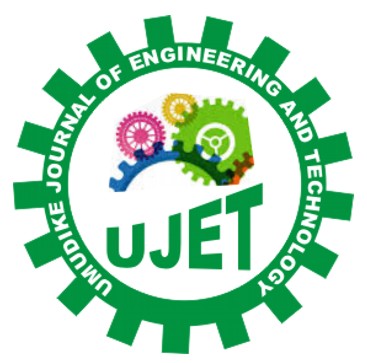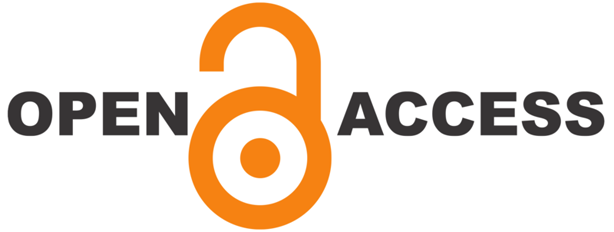|
Nnaji, P. C.
Department of Chemical Engineering Michael Okpara University, Umudike, Nigeria
Babayemi, A. K.
Department of Chemical Engineering, Chukwuemeka Odumegwu Ojukwu University, Uli, Anambra State, Nigeria.
Okolo, B. I.
Department of Chemical Engineering, Michael Okpara University of Agriculture, Umudike, Abia State, Nigeria.
Onukwuli, O. D.
Department of Chemical Engineering, Nnamdi Azikiwe University, Awka, Nigeria
ABSTRACT
This study investigated the coag-flocculation performance of Mucuna
sloanei seed powder (MSSP) in its natural form for the treatment of textile
wastewater at room temperature. A laboratory bench-scale jar test was employed
for the experiments. The optimum
condition was observed at pH 2 and 1.6g/L MSSP dosage. The optimum condition
achieved >84% colour/TSS removal. The kinetic study of MSSP
performance using curve fitting tool of MATLAB 2015b gave coagulation rate
constant, K11,, and coag-flocculation half time, ,.
The goodness of the fit and adequacy of the experimental data to the primary
model was indicated by R2 > 0.91 at optimum condition and very
low values of SSE and RMSE. Hence, the use of MSSP exhibited strong potentials
for the treatment of textile wastewater.
Keywords: Mucuna sloanei, Textile wastewater, Coagulation/flocculation, Jar test
https://doi.org/10.33922/j.ujet_v5i2_5
|
View: 410 | Download: 16
Published
Thursday, February 06, 2020
Issue
Vol. 5 No. 2, DEC. 2019
Article Section
GENERAL
The contents of the articles are the sole opinion of the author(s) and not of UJET.
|


